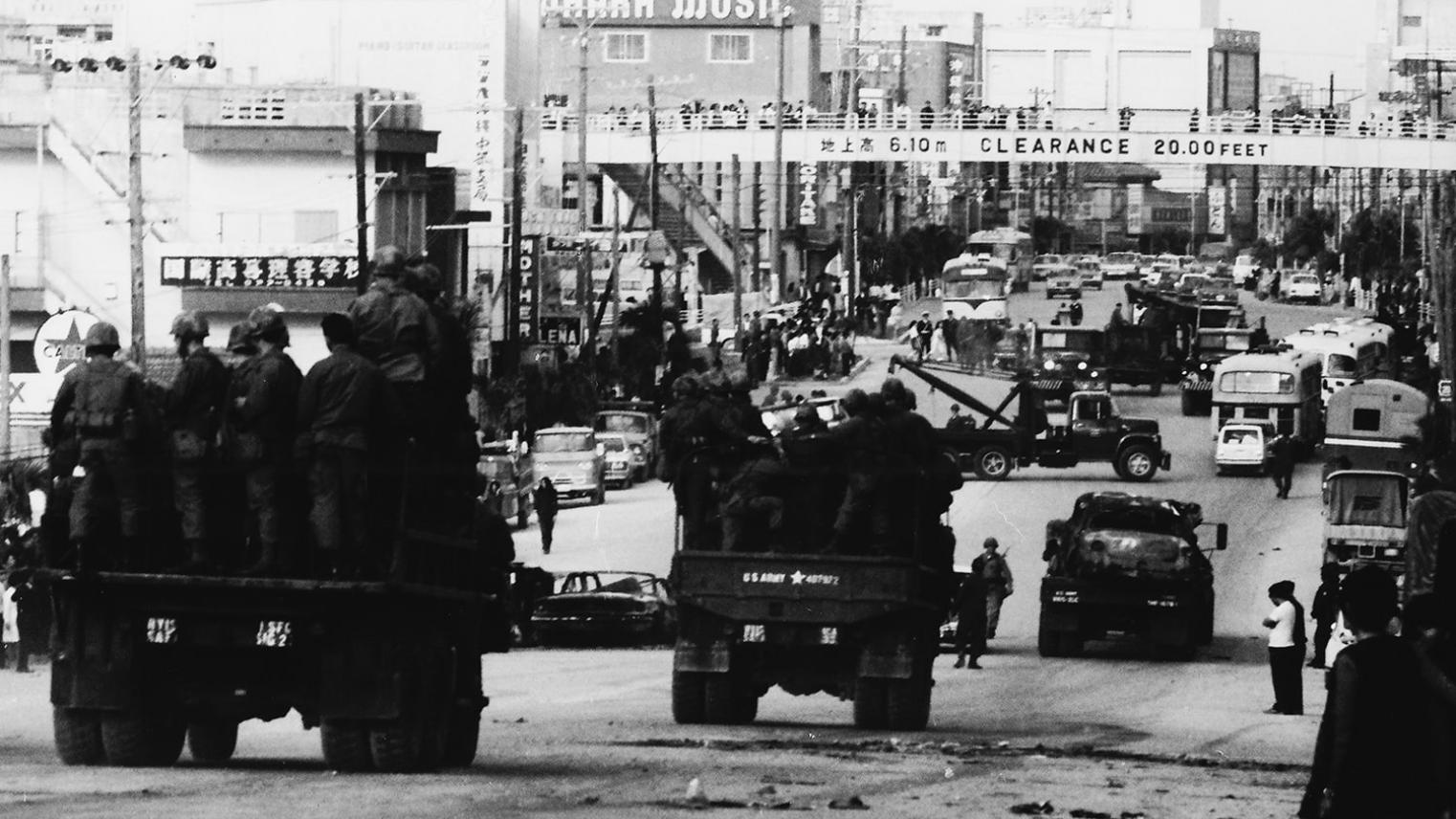The ANU Japan Institute Seminar Series showcases cutting-edge research by leading and emerging scholars based primarily in Australia and Japan. It aims to promote networking among Japan Studies scholars in the two countries and will feature innovative research on the bilateral relationship.
Privileged at the margin: Re-articulating the Okinawan struggle in East Asia’s postcolonial cold war
Okinawa’s administrative handover to Japan in May 1972 is sometimes called the third ‘Ryūkyū disposal’. This criticism reflects the local frustration, invoking the imperial domination inflicted upon the Ryukyu Islands, i.e., the Japanese Empire’s annexation of the Ryūkyū kingdom in the 1870s and the San Francisco Treaty, which confirmed the exclusive US occupation of Okinawa. As was the case in the two predecessors, Okinawa’s problematic handover to Japan occurred at the nexus of the national, regional, and global political transformation, most starkly epitomised in the US-China rapprochement, drawing Okinawa into a new historical stage. The so-called ‘reversion’ to Japan posed many unprecedented political and social challenges to the Okinawan society, along with the US military bases, such as the influx of monetary investment, new enclosure, and land development, all resulted in the serious eco-social change under the Japanese state and the global capitalism.
Okinawa, now rendered into Japan’s ‘southern gateway’, was, yet again, re-contextualised and repositioned in the new geopolitical order. In this milieu, the political discourse and action of Arasaki Moriteru (1936-2018), a prominent historian and philosopher, in the 1970s and 80s allow us to understand not only the political subjectivity that emerged in Okinawa at this historical conjecture as a critical response to those challenges but also how he contextualised the formation of this new political subjectivity, by rearticulating Okinawa’s geopolitical disposition beyond the conventional tripartite narrative between Okinawa, Japan and the US, in the context of the postcolonial Cold War in Asia, with a specific reference to two Koreas (DPRK/ROK).
Speaker
Dr Shin Takahashi is a lecturer in Asian Languages and Cultures Programme at the Victoria University of Wellington in New Zealand.
He is the author of The Translocal Island of Okinawa: Anti-Base Activism and Grassroots Regionalism (Bloomsbury SOAS Studies in Modern and Contemporary Japan Series, 2024). He has also written many academic and media articles about memory culture, the politics of memory and history, social activism, and transnational history, including 'Transpacific Visions: Connected Histories across North and South of the Pacific' (Lexington, 2021) and 'Transnational Japan as History: Empire, Migration, and Social Movements' (Palgrave Macmillan, 2015).
Light refreshments provided at 12.50pm.
Contact the ANU Japan Institute Seminar Series Convener: Dr Andrew Levidis at andrew.levidis@anu.edu.au
Image - Aftermath of the Koza riots, Okinawa, December 1970.
The ANU Japan Institute Seminar Series is supported by the Australian Government through the Australia-Japan Foundation of the Department of Foreign Affairs and Trade.
Sign up to the ANU Japan Institute mailing list.

